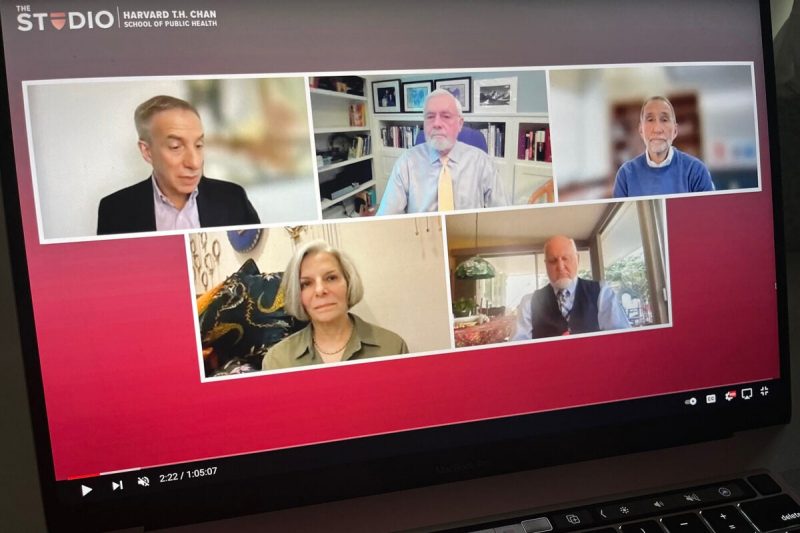Former CDC Directors Discuss the Future of the Agency
The Centers for Disease Control and Prevention (CDC) has always played a critical role in safeguarding public health in the United States and beyond. Recently, a panel of former CDC directors convened to discuss the future of the agency and its evolving role in the face of new challenges and opportunities.
Dr. Julie Gerberding, who served as CDC director from 2002 to 2009, highlighted the importance of staying ahead of emerging infectious diseases. She emphasized the need for ongoing investment in surveillance systems and rapid response capabilities to effectively combat outbreaks before they escalate into major public health crises.
Dr. Thomas Frieden, who led the CDC from 2009 to 2017, echoed these sentiments and underscored the significance of maintaining strong partnerships with other governmental and non-governmental organizations. He emphasized the need for collaboration and information sharing to tackle complex health issues such as the opioid epidemic and antimicrobial resistance.
Dr. Rochelle Walensky, the current director of the CDC, shared her vision for the agency’s future. She emphasized the importance of equity in public health efforts and outlined her commitment to addressing health disparities and social determinants of health. Dr. Walensky stressed the need for data-driven decision-making and evidence-based interventions to guide public health policies.
The former directors also discussed the importance of building public trust in the CDC and ensuring transparent communication with the public. They recognized the challenges posed by misinformation and vaccine hesitancy and emphasized the need for clear, consistent messaging to promote public understanding and confidence in CDC recommendations.
Looking ahead, the former CDC directors advocated for continued innovation and adaptation in response to evolving public health threats. They highlighted the importance of leveraging new technologies and data sources to enhance disease surveillance and improve public health outcomes.
In conclusion, the panel of former CDC directors offered valuable insights into the future of the agency and the critical role it plays in safeguarding public health. Their discussions underscored the importance of ongoing investment, collaboration, and communication in addressing current and emerging health challenges. By staying vigilant, adaptive, and responsive, the CDC can continue to fulfill its vital mission of protecting the health and well-being of individuals and communities worldwide.

